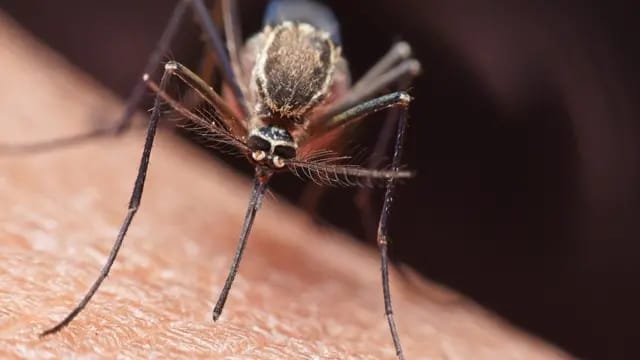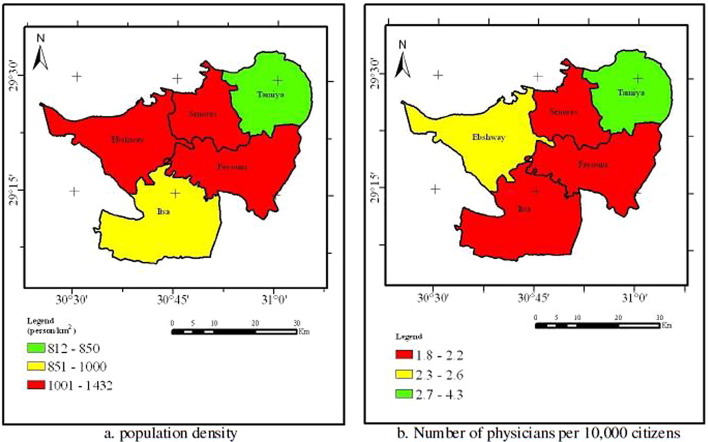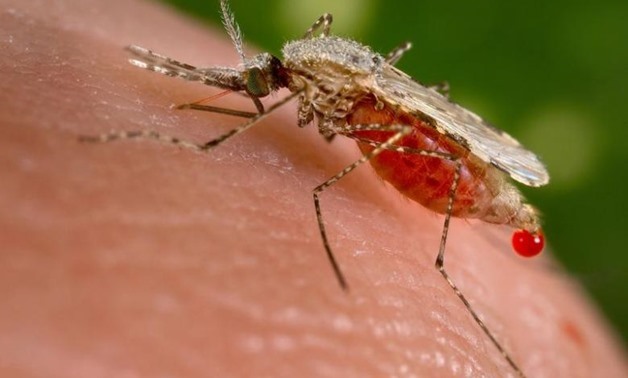The World Health Organization( WHO) has officially verified that Egypt has successfully canceled malaria, a momentous achievement in the country’s public health history. This corner follows over a century of inexhaustible sweats to combat a complaint that has long agonized the region. The advertisement comes as a lamp of stopgap and a source of alleviation for other nations still scuffling with the complaint.
Tedros Adhanom Ghebreyesus, the Director General of the WHO, lauded Egypt’s accomplishment and underlined its significance as a global model in the fight against malaria. In a statement participated via the social media platform X( formerly Twitter), Dr. Tedros complimented Egypt and stressed that the country’s success is a direct result of the commitment of its people and leadership in diving the complaint. He further emphasized that this achievement demonstrates the effectiveness of resource rallying and strategic health interventions.
” Congratulations to Egypt for the corner it has achieved,” Dr. Tedros wrote, noting that the experience of Egypt serves as evidence of what’s possible when a country invests in public health and adopts comprehensive, substantiation- grounded results to complaint control. He refocused out that Egypt’s path to getting malaria-free showcases the power of sustained and combined sweats.
Egypt’s trip to malaria eradication began in humorless during the early 20th century, when the country took pioneering way to reduce the burden of malaria. The complaint, which is primarily transmitted by the Anopheles mosquito, has had a longstanding presence in Egypt. sweats to fight malaria were boosted in the 1950s, when global health enterprise aimed at barring the complaint gathered instigation. Through patient public health juggernauts, increased vector control, early opinion, and bettered treatment, Egypt was suitable to achieve a significant reduction in malaria transmission over the decades.

Despite being one of the countries at the van of malaria control, Egypt, like numerous others, faced multitudinous challenges in the battle against the complaint. The continuity of malaria transmission in corridor of the country, coupled with the preface of medicine- resistant malaria strains in other regions, made full eradication feel like a distant thing. still, Egypt’s health authorities, along with transnational support, managed to overcome these obstacles.
The evidence of Egypt as malaria-free is particularly noteworthy given that malaria continues to pose a major global health trouble. According to WHO statistics, malaria remains one of the deadliest conditions worldwide, claiming an estimated 600,000 lives annually, the vast maturity of which are insub-Saharan Africa. Despite significant progress in recent times, malaria remains a leading cause of illness and death in numerous tropical and tropical regions.
With Egypt’s protestation of being malaria-free, the country now joins an exclusive group of nations that have successfully excluded the complaint. As of now, 44 countries have been officially certified as malaria-free by the WHO, signaling that eradication is within reach for numerous countries, particularly those with the coffers and political will to attack the complaint.
still, the achievement does n’t mean that Egypt can go to come perfunctory. In order to help the reintroduction of malaria, the country must continue to apply robust measures. This includes maintaining surveillance systems to cover implicit pitfalls, icing ongoing mosquito control sweats, and continuing to educate the population on malaria forestallment practices. Egypt will also be needed to report its progress to the WHO annually to retain its malaria-free status.
The fight against malaria in Egypt has been a long and grueling trip, but the nation’s success underscores the significance of sustained investment and collaboration between governments, transnational associations, and communities. It also reinforces the critical part of exploration and development in combating contagious conditions, particularly in developing new treatments, vaccines, and vector control strategies.

For countries still scuffling with malaria, Egypt’s success offers precious assignments. It demonstrates that indeed in regions where malaria has historically been rooted, it’s possible to achieve elimination through a comprehensive approach that includes public health education, investment in health structure, and a coordinated response across sectors. The sweats made in Egypt show that with determination, the right tools, and long- term commitment, other nations can follow suit.
Egypt’s malaria-free status also serves as a testament to the leadership and vision of its government, which has made the eradication of contagious conditions a public precedence. The success has been supported by cooperative hookups with the WHO, the United Nations, and colorful global health associations. These hookups have handed the necessary moxie and fiscal coffers to apply effective interventions, demonstrating the value of transnational cooperation in public health sweats.
Looking ahead, Egypt must remain watchful in its malaria control sweats and work towards icing that the achievements are n’t reversed. By continuing to lead the way in complaint forestallment and fastening on innovative results, Egypt can contribute significantly to the global trouble to annihilate malaria and other contagious conditions.
The protestation of malaria eradication in Egypt is n’t only a palm for the country but also a lamp of stopgap for the global health community. It marks the capstone of decades of hard work and fidelity, and it brings us near to the thing of a malaria-free world. As Egypt celebrates this achievement, it offers stimulant to other countries fighting the complaint and reinforces the communication that malaria elimination is possible.
Egypt’s success in eradicating malaria is a monumental public health palm. It underscores the significance of continued investment, collaboration, and invention in the fight against contagious conditions. As Egypt moves forward, its trip serves as an alleviation to other nations working to exclude malaria and make healthier futures for their populations.




